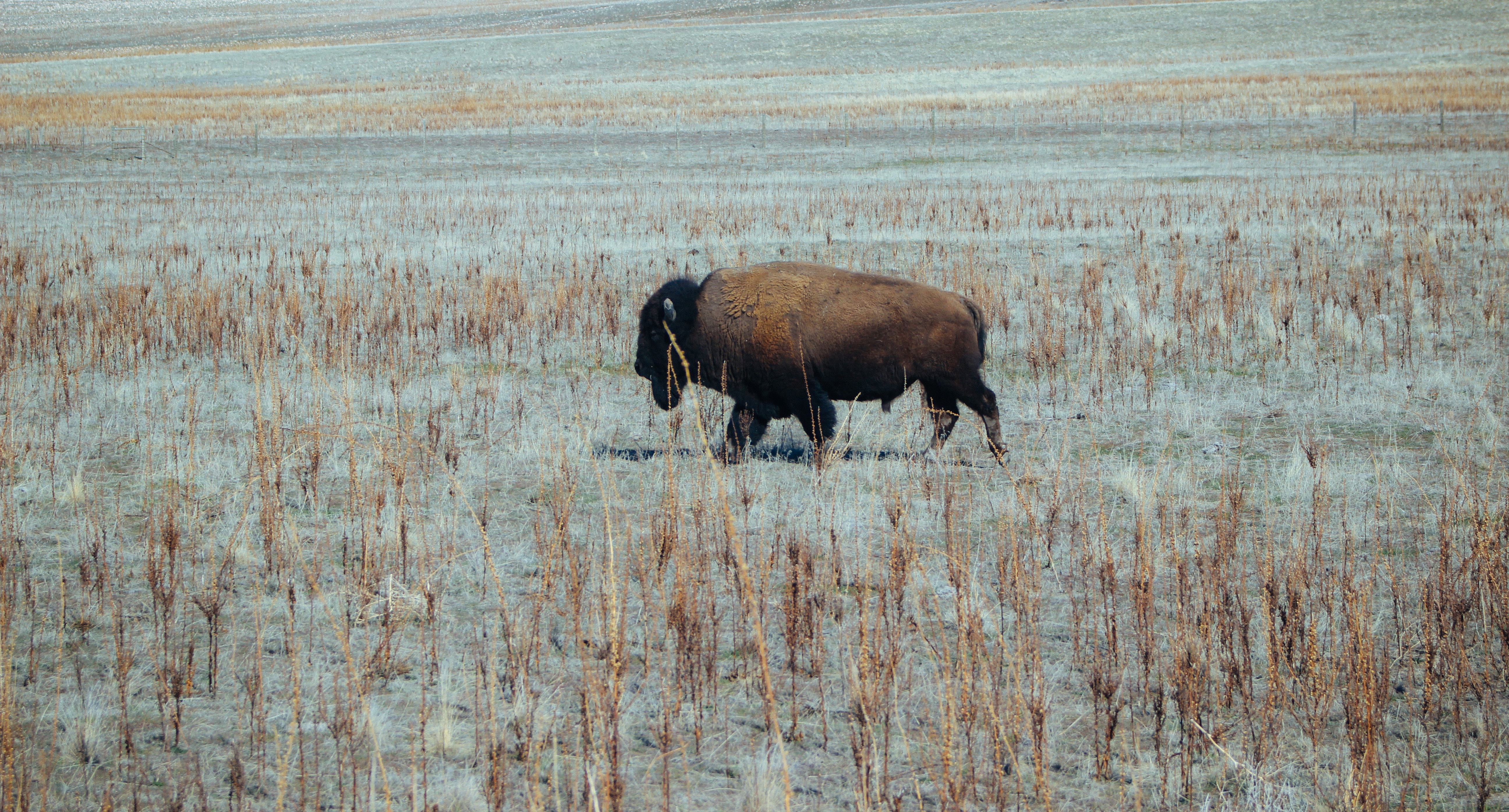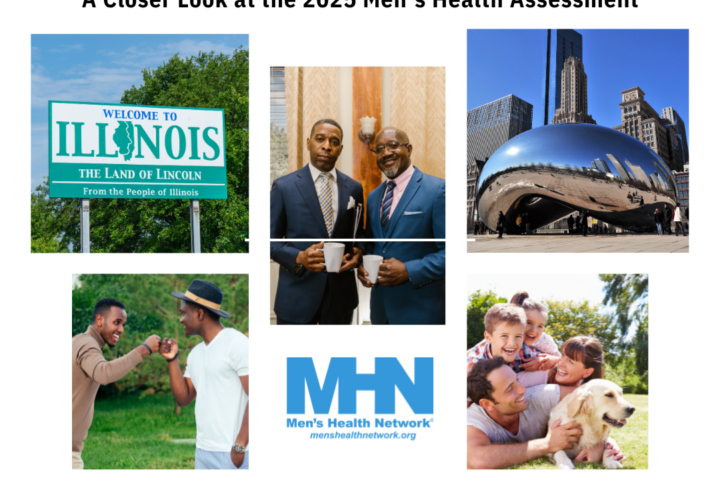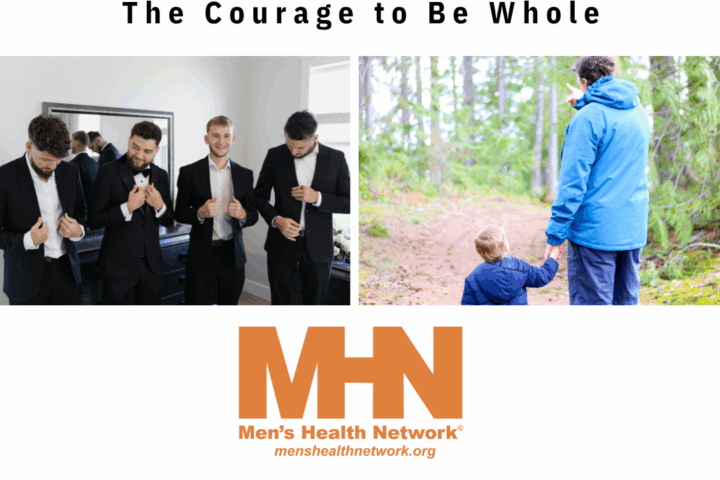By Eric Bothwell, DDS, MPH, PhD and Tamara James, PhD
As the Obama administration winds down its eight years of oversight and support of the health care needs of American Indian and Alaska Natives (AI/AN) from federally recognized tribes, a brief reflection on what has been accomplished and what might still be accomplished is worthwhile.
AI/AN witnessed noteworthy milestones throughout the Obama Administration including the Annual White House Tribal Nations Conference and the President’s Executive Order requiring all federal agencies dealing with tribes to develop a tribal consultation policy. From a funding perspective, the Indian Health Service (IHS) has fared comparatively well during a period when enhancements for such programs were hard fought in Congress. Finally, federally recognized AI/ANs were also included in the Administration’s defining legislative accomplishment, the Affordable Care Act (ACA) of 2010, through the permanent reauthorization of the Indian Health Care Improvement Act (IHCIA).
Unfortunately, many critically needed sections of the IHCIA have yet to be realized.
One particularly opportune component is Section 1621V Part A that authorizes, the development of an Office of Indian Men’s Health. The logic of this proposal is compelling considering that AI/AN males on some reservations have the lowest life expectancy of any group of Americans of any race. In addition, across the entire AI/AN population served by the IHS, AI/AN males experience death rates two to five times greater than AI/AN females for suicide, HIV/AIDS, homicide, unintentional injuries, diabetes, firearm injury, and alcohol-related deaths, and are 10 to 50 percent higher than AI/AN females for cancer, heart disease, and liver disease.
The inequities suffered by the AI/AN males can be seen in CDC’s National Health Statistic Report (No. 20, March 2010) where AI/AN males displayed greater disparities in health status and general well-being than ANY racial group. AI/AN men reported the highest distress rates of “feeling hopeless and worthless” of any of the groups. The devastating impact of this despair culminates in the high rates of suicide among these men.
But before the lives of AI/AN males are taken by these causes, they suffer from multiple debilitating physical and mental conditions. It is clear that dead, sick, and incarcerated AI/AN males are compromised in fulfilling their roles as fathers, husbands, providers, leaders, and contributors to their communities, and are often a burden on them.
Growing concern regarding male health—mental and physical—across the country has led many to the conclusion that we can no longer neglect our male health crisis. In response, many private foundations, states, and cities have developed innovative initiatives and partnerships that specifically prioritize male health. However, even with mounting concern across the country, no federal health-related agency has established an office committed to addressing male health disparities, in contrast to the many fine programs focused on women’s health.
The Obama Administration can change the course of male health in America without new appropriations by directing federal agencies to implement offices of male health within existing structures. This should start with establishing the Office of Indian Men’s Health within IHS as authorized by the IHCIA. In 2010 an internal IHS workgroup developed an approach to implement an Office of Indian Men’s Health with as little as a 1.5 FTE commitment and charged with utilizing an entrepreneurial/self-sustaining approach to developing partnerships and coalitions with other agencies and organizations committed to male health equity and leveraging resources. With an anticipated $6.5 billion budget in FY 2017, the IHS could begin the process of turning the curve on male health disparities.
The premature loss of someone’s husband, father, brother, friend, or son results in immeasurable emotional toil and financial hardship. In addition, the disproportion of U.S. males who have died or whose mental and physical health status compromises their ability to contribute to society represents a real threat to the U.S. successfully competing in the global economy. This reality represents a legitimate national security threat that needs to be aggressively addressed and lead to downstream benefits as legacies to the Obama Administration.
The process should begin with the implementation of the Office of Indian Men’s Health authorized by the Indian Health Care Improvement Act.
Eric (Ric) Bothwell, DDS, MPH, PhD, Courtesy Faculty, University of Florida College of Public Health and Health Professions, Public Health Advisor, Men’s Health Network. Dr. Bothwell retired after 26 years with the Indian Health Service. Tamara James, PhD, Southern Plains Tribal Health Board, Project Coordinator Male Health Activities. Tamara is a member of the Choctaw Nation of Oklahoma. She served as a health scientist for the National Institutes of Health. As a science and technology policy fellow, she detailed in the Division of Planning and Evaluation within IHS.
This article first appeared on TheHill.com
Photo credit: https://unsplash.com/@ckirby




